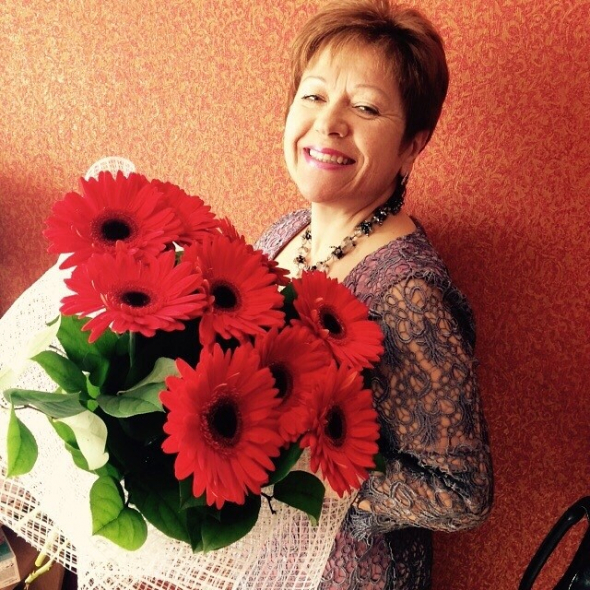| Greeting. Introduction to the lesson. Motivation Good morning, boys and girls! I’ m glad to see you. How are you today? I think everything is O.K. Are you ready to start our work? Listen to the song, look at the slide and say what our lesson will be about. Let’s start!
Warming up Checking up the words of the previous lesson
flight-полет universe –Вселенная solar-солнечный equipment-оборудование both-оба generation-поколение whole-целый crew-команда launch-запускать around-вокруг, около satisfy-удовлетворять memorable –памятный, запоминающийся Leading in What do you know about space? Can we say that space exploration is the main part of science? What cosmonauts do you know? Who was the first cosmonaut in the world? What do you know about him? Learning the new words. Crossword Mars Earth Moon Mercury Venus Uranus Neptune Saturn Pluto Jupiter Solar System comet meteoroid Matching the words and their meaning
1 generation A. Things needed for some activity 2. memorable B. A journey through the air or space 3. universe C. All people of about the same age 4. crew D. Difficult to forget 5. equipment E. All space and everything in it 6. flight F. a group of people working together on a ship 7. whole G. All
Reading. Read the short articles and ask questions Listening: Listen to the short articles and try to learn information: Yuri Alekseyevich Gagarin, a Soviet air force pilot, was the first human to travel in space. The Soviet cosmonaut circled the earth on April 12, 1961. From blastoff to landing, his trip around the earth lasted 1 hour and 48 minutes. The news about space flight of the Soviet cosmonaut immediately flew over the world.
Valentina Tereshkova was the first woman-cosmonaut in the world. From June 16 until June 19, during a group flight with V. Bykovsky, the spaceship “Vostok-6” piloted by Tereshkova made in 70 hours and 41 minutes 48 circuits around the earth, covering a distance of about 2 million kilometers. When she was in space, she was there together with her “space-brother” Valery Bykovsky. This was another great achievement – launching two spaceship at the same time.
In 1965 the cosmonaut Alexey Leonov went outside wearing a space suit connected to the capsule by a line which also carried his oxygen supply, becoming the first person to “walk” in space. From the first experiments scientists went over to systematic exploration of space.
Konstantin Eduardovich Tsiolkovsky – the founder of astronautics in Russia, put forward several ideas about space travel. Tsiolkovsky’s idea of spaceship was based on the use of liquid fuels . His calculations were used in modern theory of cosmonautics and practical space travel. Sergey Pavlovich Korolyov- is a famous and founder of practical cosmonautics. He was the chief constructor of the first Earth sputniks and spaceships. Then followed rockets to the Moon, Mars, Venus. Match the dates and achievements in the exploration of space
Say: true or false.
1 Konstantin Eduardovich Tsiolkovsky – the founder of astronautics in Great Britain, put forward several ideas about space travel. Sergei Pavlovich Korolyov was the chief constructor of the first telephone. On October 4, 1967 the Union of Soviet Socialist Republics launched Sputnik 1, the first artificial satellite to circle the earth. 4. Yuri Alekseyevich Gagarin, a Soviet air force pilot, was the first human to travel to Mars. 5. Valentina Tershkova was the first woman-cosmonaut in the world. 6. Alexei Leonov went outside wearing a space suit connected to the capsule by a line which also carried his oxygen supply, becoming the first person to “walk” in space. Key: 1- false, 2 - false, 3 - false, 4 - false, 5 - true, 6 - true.
Complete the sentences using the verbs from the table Reflection
What information about space exploration was the most exiting for you? Would you like to be a cosmonaut? Why or why not? What questions would you want to ask if you interviewed a cosmonaut? Ask some questions about Russian space exploration
Home task and results Write down your home task: And now some words about our lesson. Everybody was very active today. We have done much work during our lesson. Thank you for the lesson and your excellent work.
Conclusion
In conclusion I want to give you your marks…….. Stand up! The lesson is over. Have a rest. Goodbye. See you at the next lesson.
| 
















